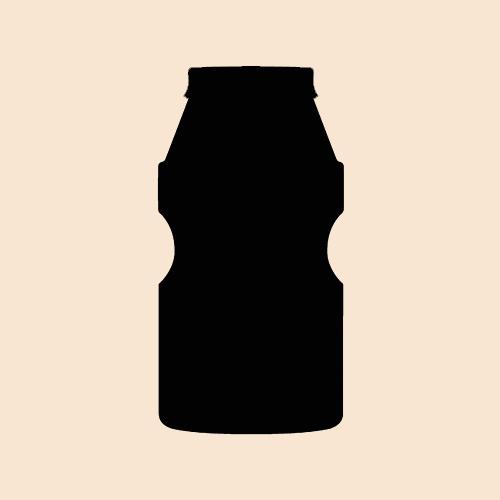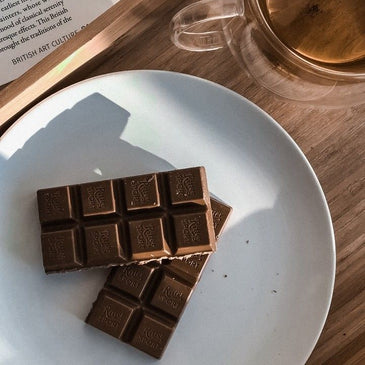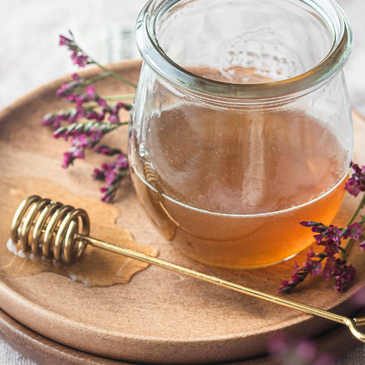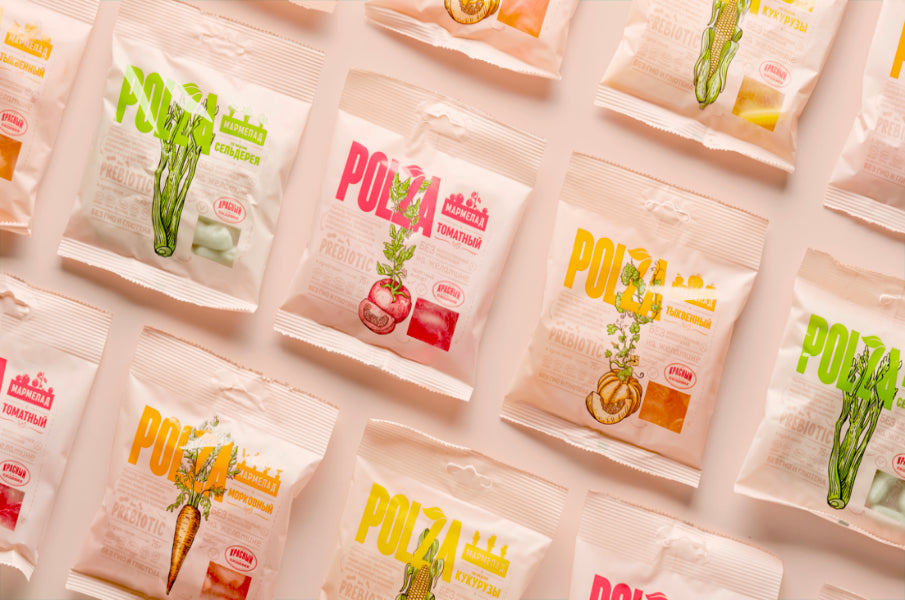

When you were a kid and you loved these probiotics drinks, did you really drink because it was good for your gut? Not me. I admit that I drank it purely because it tastes good. Whoops!
Everyone knows about vitagen and yakult, and we all have our own preference, mostly based on taste (team vitagen here).
But really, what are we actually drinking, and what is the difference between these popular cultured drinks? Let's break it down...

The Good Bacteria
Both Yakult and Vitagen are probiotic cultured milk drinks that contains the healthy bacteria strand, Lactobacillus casei (L. casei) that is known to help the digestive system. These probiotics can survive the journey to our intestine as they are resistant to gastric juice and bile. They increase the good bacteria in our digestive system and makes it resistant to harmful bacteria, thus improving digestion.
Interestingly, the L. casei found in Yakult is a special strain created by the scientist Minoru Shirota, thus called Lactobacillus casei Shirota strain. This special L. casei is known to be the strongest L. casei that has survive synthetic digestive fluid tests. Yakult also claim to have among the highest concentration of probiotics in the market, containing more than 6.5 billion L. casei Shirota strain in each 100ml bottle.
Vitagen in addition to L. casei, contains Lactobacillus acidophilus (L. acidophilus) from Chr. Hansen's Laboratories in Denmark.
I guess they both do the same job, well enough to have their own fan base.
Sweet, tasty, healthy or artificial?
There are many people who feel that "Yakult just tastes better." As a Vitagen fan, I'm not really convinced. Based on each of their nutritional labels, Yakult contains 14g of sugar, while Vitagen has 10.4g. Vitagen also claims to be made with real fruit juice, whereas Yakult uses flavourings. Yakult fans be like, "Vitagen tastes artificial", and Vitagen fans feel that "Yakult is too sweet". One thing in common is that they both have the healthier choice symbol.
You may also think, why do we need sugar in these cultured dairy products which are supposed to be good for the body? Interestingly, the sugar is included to provide nutrients to the probiotics so that they can be kept alive during its shelf life. That's how these drinks can be kept for a period of time without the use of preservatives.
All in all, I guess taste is subjective, but facts still remain as facts. You be the judge for yourself!

Is there dietary fibre?
Nope, not for yakult. However, V for Vitagen! Oops I mean yes for Vitagen. Every bottle of Vitagen contains prebiotic fibre as well. With 7.5g of dietary fibre in each bottle, it fulfils almost 1/4 of your recommended daily dietary fibre intake already!

Battle of the Flavours
Yakult - Original, Grape, Orange, Green Apple
Vitagen - LB Original, Grape, Peach, Green Apple
It's a tie!!!

Price War
As close competitors, there isn't much of a price difference. Both are retailing at $3.20 for a pack of 5, but we should note that Vitagen is sold in larger bottles (125ml), while Yakult is a tad bit smaller (100ml). But that does not suggest that Vitagen is more worthy. Vitagen is less transparent about the amount of L. casei it contains, so we are not sure about how concentrated it is. Yakult on the other hand, is more than proud to claim that there are more than 6.5 billion L. casei Shirota strain in each 100ml bottle. Which is worthy? Not so easy for the typical consumer like us to figure it out.

Other Variations
Yakult has another variation known as Yakult Ace Light® which claims to have 30 billion L. casei strain Shirota in each 80ml bottle but with 30% less sugar and 30% fewer Calories. This is great for those who wouldn't mind a lighter version of Yakult, and require more of the good bacteria in their digestive system.
Apart from the regular Vitagen less sugar, they also carry Vitagen Collagen less sugar, which would appeal more to the ladies. Floral flavours such as rose and elderflower are unique to the Vitagen Collagen range, and is easily identifiable through it's floral packaging. In addition to what a regular Vitagen provides, Vitagen Collagen also has marine collagen peptides & vitamin C, which helps to keep you looking younger! If only I could stay 18 forever....
Ultimately, you would have to look at your needs. Both Yakult and Vitagen are able to provide L. casei, which is the good bacteria that you would like to have in your gut. Depending on your needs, you may opt to have these cultured dairy products with less sugar, or higher in concentration. What I feel is that most of us purchase a particular brand because of familiarity. We never really knew what is the difference between them. Now that we all know their differences, will it change your brand preference? Let us know!






